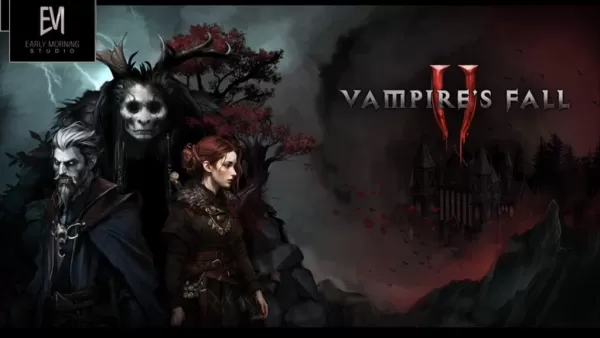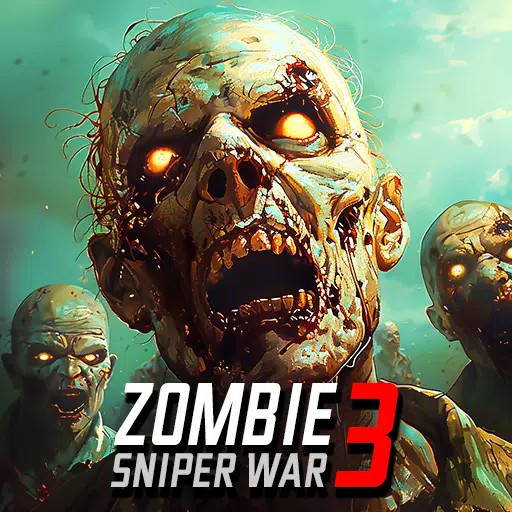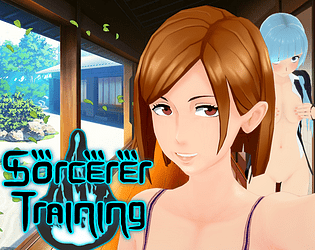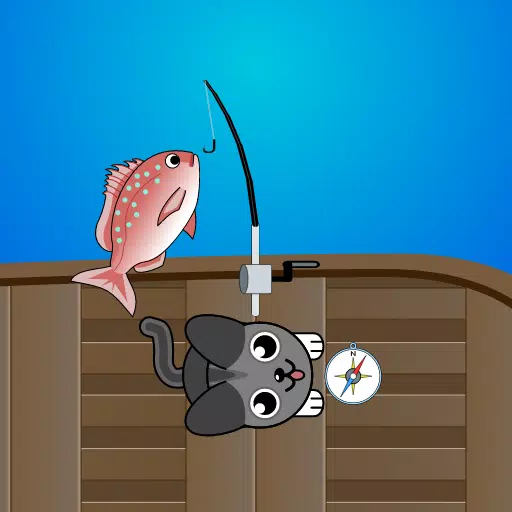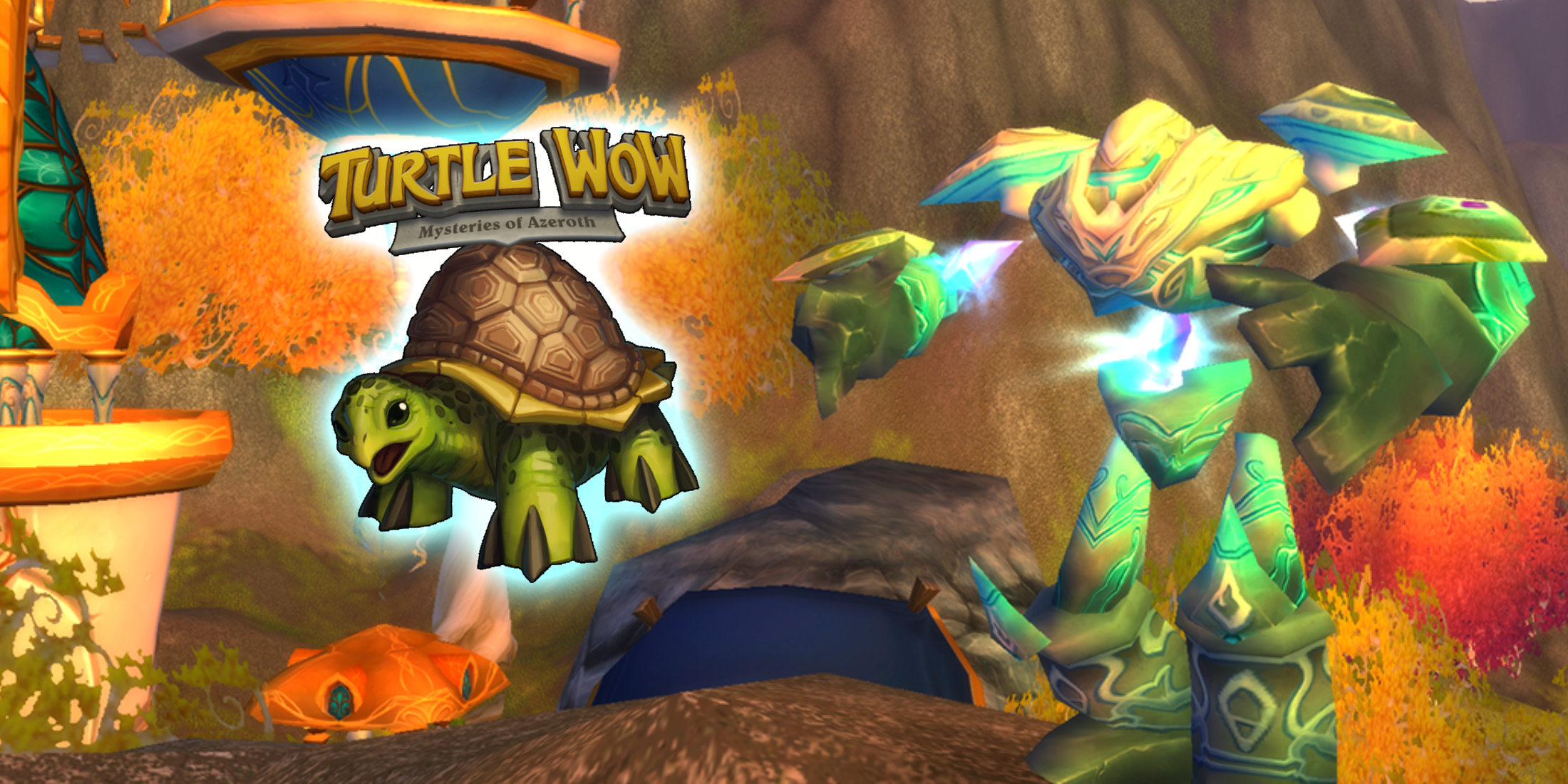inZOI Sells 1 Million Copies in Week, Krafton Eyes Long-Term Franchise
inZOI, the latest offering from South Korean gaming giant Krafton, has achieved a remarkable feat by selling 1 million copies within just one week of its Early Access launch on Steam. This marks the fastest sales milestone ever for a game published by Krafton, showcasing the immense popularity and interest in their new life simulation game.
Launched on March 28, inZOI quickly grabbed headlines when players found they could run over and kill children in-game—a feature Krafton swiftly patched out, labeling it an "unintended bug." Despite this initial hiccup, the game has garnered a 'very positive' user review rating on Steam. It also achieved a peak of 175,000 concurrent viewers on Twitch, ranking third in the Games category, and soared to the top of Steam’s Global Top Sellers List just 40 minutes post-launch.
The in-game user-generated content (UGC) sharing platform, Canvas, saw over 1.2 million participants on its launch day, with more than 470,000 pieces of content uploaded, highlighting the vibrant community engagement around inZOI.
IGN's Early Access review of inZOI scored it a 6/10, commending its visual appeal and ambition but noting a lack of depth at its current stage. Krafton emphasized its efforts in promoting the game and maintaining open communication with the community as key factors in building trust and momentum leading up to the release. The global showcase and demo build were particularly successful in generating interest.
CEO CH Kim expressed gratitude and excitement about presenting inZOI to players worldwide through Early Access, emphasizing the company's commitment to ongoing communication and the development of inZOI as a long-term franchise IP.
inZOI's Best and Most Cursed Creations

 34 Images
34 Images


 Krafton has plans to further enrich inZOI with future updates, including mod support and new cities, all of which will be available for free until the game's full release. In response to player feedback, Krafton promised to address reported issues quickly through hotfixes throughout April. The company acknowledged the scale of inZOI's global community as a new challenge, admitting to ongoing adjustments in communication strategies to better serve their players.
Krafton has plans to further enrich inZOI with future updates, including mod support and new cities, all of which will be available for free until the game's full release. In response to player feedback, Krafton promised to address reported issues quickly through hotfixes throughout April. The company acknowledged the scale of inZOI's global community as a new challenge, admitting to ongoing adjustments in communication strategies to better serve their players.
-
Build A Rocket Boy has initiated redundancy procedures following the troubled release of MindsEye, potentially impacting more than 100 employees, according to studio sources speaking with IGN.An anonymous insider revealed that while the exact numberAuthor : Sarah Feb 21,2026
-
Fans of dark fantasy RPGs will likely remember Vampire’s Fall: Origins, which launched back in 2018. Its gothic world of witches, vampires, and militia recruits left a distinct impression. Now, a sequel has arrived: Vampire’s Fall 2 is officially avaAuthor : Aaron Feb 19,2026
- HoYo Fest 2025: Fresh Updates on Comeback
- Mastering Two-Handed Weapons in Elden Ring: A Guide
- Roblox Simulator Codes: Unlock Exclusive Rewards!
- Ultimate Guide to Shinigami Progression in Hollow Era
- Wuthering Waves: Uncover the Secrets of Whisperwind Haven's Palette
- Top 25 Palworld Mods to Enhance Your Game

